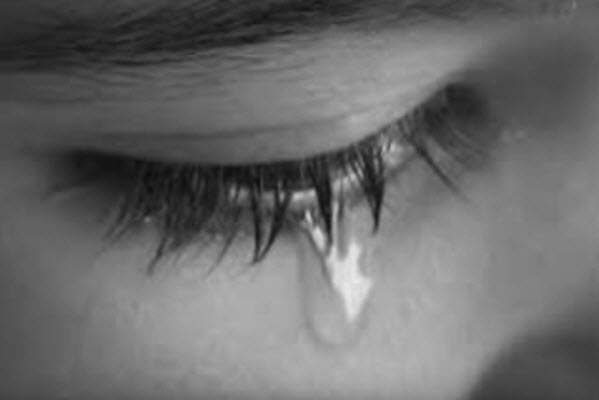Rape Culture John 8:1-11
Praying over the City
September 28,1018 in Grand Forks, North Dakota
 Yesterday I cried at work. I didn’t intend to. It happened last week too. I’d just finished listening exerts of Dr. Blasey Ford’s testimony to walk into our class about to teach ethics and overheard a woman in the corner talking about the day’s proceedings. Not wanting to interject, and unsure where this would go, hoping underneath it all they would comment something sane, so I listened for a bit. Then I heard, “Young kid antics shouldn’t effect someone’s career 30 years later. Everyone did a little kissing on the playground. We need to get over it.”
Yesterday I cried at work. I didn’t intend to. It happened last week too. I’d just finished listening exerts of Dr. Blasey Ford’s testimony to walk into our class about to teach ethics and overheard a woman in the corner talking about the day’s proceedings. Not wanting to interject, and unsure where this would go, hoping underneath it all they would comment something sane, so I listened for a bit. Then I heard, “Young kid antics shouldn’t effect someone’s career 30 years later. Everyone did a little kissing on the playground. We need to get over it.”
At that, I had to interject, “I’m sorry to interrupt, but pinning someone to a bed and covering their mouth are NOT antics or kissing on the playground.” She then said, “Well, I don’t know what she said happened.” To this I angerly said, “Then maybe we should listen to her BEFORE making judgments…”
I went on to talk about my FOUR assaults. Four—one woman with four different perverted men who scared me, sickened me, and changed me. I talked about coming forward and the lack of response, compassion, and blame of the victim happened. I also showed them the statistics from the Justice Department that illustrate how very few of us are lying and coming forward falsely in the face of millions that say NOTHING, and/or NOTHING happens. She didn’t look at me again for the next two hours of class. I did notice a man in the back of the room tearing up as I spoke. I appreciate him.
Maybe it was unfair of me to claim valuable class time for this agenda, but without doubt, it was hard for me to talk about ethical concepts like truth and fairness in the midst of rape culture and NOT call it out. We even spend part of that class time discussing the idea of where you get your truth from—essentially the idea that our “truth”, our beliefs, are a product of what we have been told and what we have learned. Rape culture and the excusing of men while blaming women is the backlash of a very bad story we’ve been told and some still believe.
Jesus was a warrior for women’s rights. Revolutionary at the time. John 8:1-11 talks of a crowd that bring forward a woman to be stoned for adultery. Notice the man who she’d been sleeping with wasn’t of their concern, but Jesus had the best way to point out their hypocrisy. He began to write on the ground—the Bible doesn’t say what he wrote—some believe it to be the sins of the men standing there. After a time, he turned to them and said, “Let any one of you who is without sin be the first to throw a stone at her.” They all left, and I imagine their look to have been like the disgusting scowls we saw on the faces of Lindsay Graham, Donald Trump, and Brett Kavanaugh. Each time I witness the measure of indignance shown by these privileged white men’s faces who have benefited far too long by rape culture, the quote, “Methinks thou protests too much” keeps ringing in my ears.
I hope my stance on these pivotal issues doesn’t affect my business. I would love to know what the people in room thought. The number that supported me and those that didn’t, but I guess it doesn’t really matter. I, quite simply, cannot stop sharing the truth about these matters. I’ve tried. I’ve lost friends over this, but I can’t stop. Bad things have happened to me. Bad things are happening to others and the only way we can make good from it, is to share truth to get it to stop and to help people heal.
Dearest Heavenly Father, there is a dark side that blinds us to the truth. We ask that You help us to remove the blinders, so the light of Your truth comes in. Where people are hurting, please help us to offer comfort. Where people are scared, please help us to offer courage. You are the ruler of everything good—please help us to do Your will always and to make the world a safer and healthier place. In Your Mighty and Holy name…
